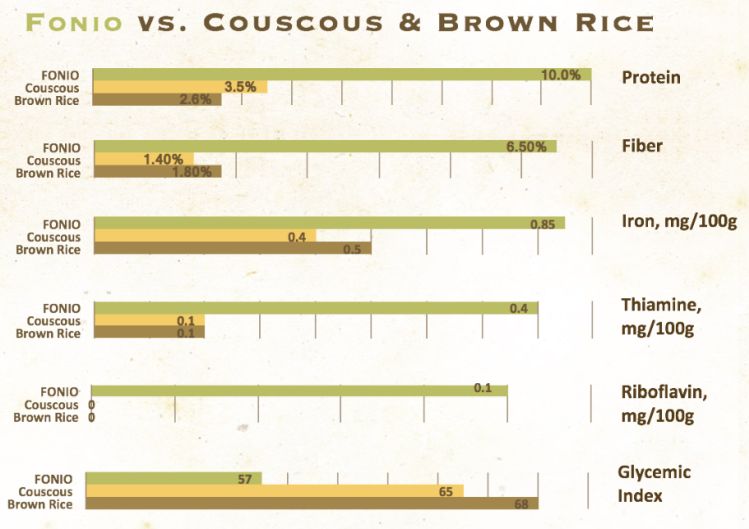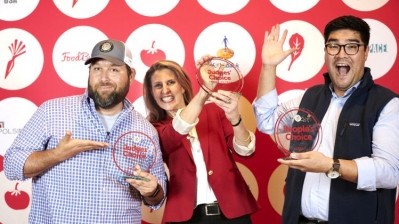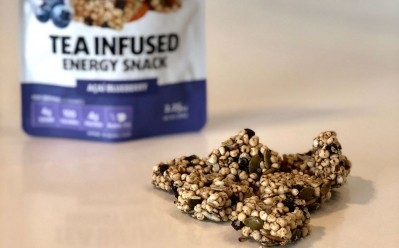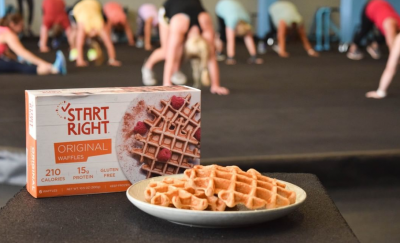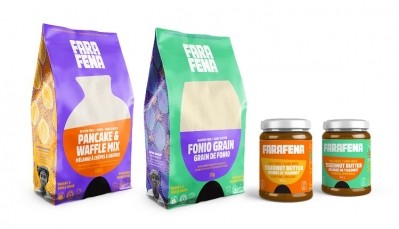WATCH: Yolélé Foods unveils mission to turn ancient grain fonio into a household name
On paper, at least, fonio ticks all the boxes. It's low-GI and gluten-free, it has three times the protein, iron and fiber of rice; it cooks in minutes; and you can use it in everything from pasta, snacks and baked goods to hot cereal, or as a replacement for rice or quinoa; says co-founder Philip Teverow.
Food marketers, meanwhile, can build a great story around sustainability, ‘ancient grains,' and providing a livelihood for small-scale farmers in West Africa, he says.
Right now, the issue is less about persuading Americans to try a new grain than creating the infrastructure on the ground in Africa to make that possible, adds Teverow, who is partnering with building a fonio milling operation in Senegal due to be operational by the end of Q3, 2020.
"The issue of lack of supply is significant. Fonio is grown by smallholder, subsistence farmers in West Africa. We started Yolélé to provide a livelihood for those farmers, who have no access to market and almost no income.
"My business partner, Pierre Thiam, is the world's leading African chef and cookbook author, and he knew that if he could find a market for traditional African ingredients, that would provide a source of income and change the landscape, as fonio is drought tolerant, and part of a regenerative farming system.
"We're aiming to bring industrial scale capacity to elevate the quality of fonio available and the world's largest food manufacturers have come to us to get fonio that meets their requirements."
The go-to-market strategy
GAA - which operates four rice mills in West Africa - is providing land and managing Yolélé's facility in Senegal, while Illinois-based natural ingredients distributor Woodland Foods is Yolélé's exclusive licensee and handles logistics, compliance and distribution in the US for slower moving items, while Yolélé will handled faster moving items such as snacks directly, said Teverow.
As for the go-to-market strategy, Yolélé Foods sees potential as a b2b ingredients supplier to foodservice and CPG companies, and as a supplier of branded packaged goods from retail packs of grain to hot cereal, chips and other products, he explains.
"Today we just sell bags of fonio, but in January we'll be launching a line of pilaf mixes followed by hot cereal, and fonio chips in the middle of the year.
"We're selling to foodservice and retail and once we have our mill set up we'll qualify as a supplier to industrial users, but right now we sell on Amazon [and Thrive Market], we just got into the Fresh Market, and we sell to Whole Foods Market. We've had more requests from retailers than we've been able to say yes to [owing to lack of supply]."
He added: "Whole Foods sees us as a leader in African foods and they are collaborating with us on new products, and being on over 250 menus has helped raised awareness, and thanks to Pierre's prominence, we've been able to tell our story through media coverage."
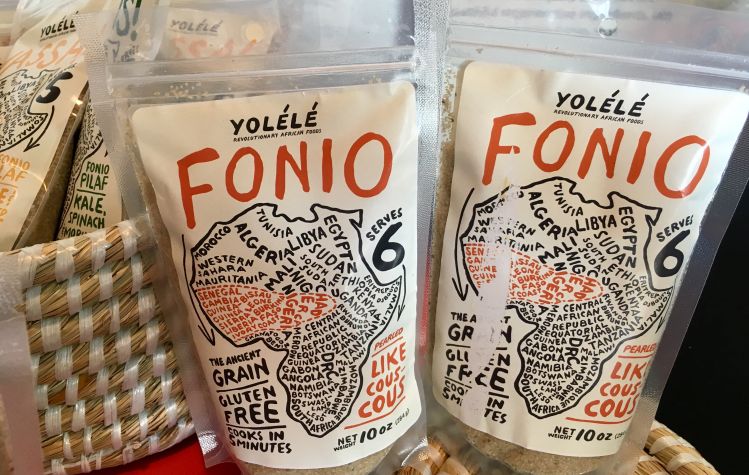
Is fonio the next quinoa?
So is fonio the next quinoa? "I hope it won't be in every sense," said Teverow, who imported quinoa to the US in the 1980s.
"Quinoa suffered a boom and bust cycle to the detriment of many of the smallholder farmers that had been growing it for generations. So we're trying to make a conscious effort to avoid that boom and bust cycle, by increasing supply as we increase demand, so there is no real reason for speculative investors to get in and grow fonio on an industrial scale."
- WATCH: Hybrid products could capture a significant chunk of the protein market, predicts The Better Meat Co
- LocalCoho, Tia Lupita Foods, and Capro-X take top prizes at FoodBytes! Chicago 2019
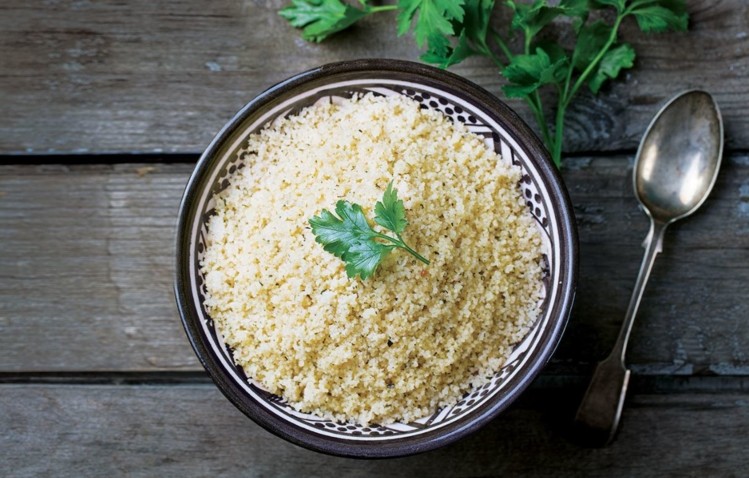
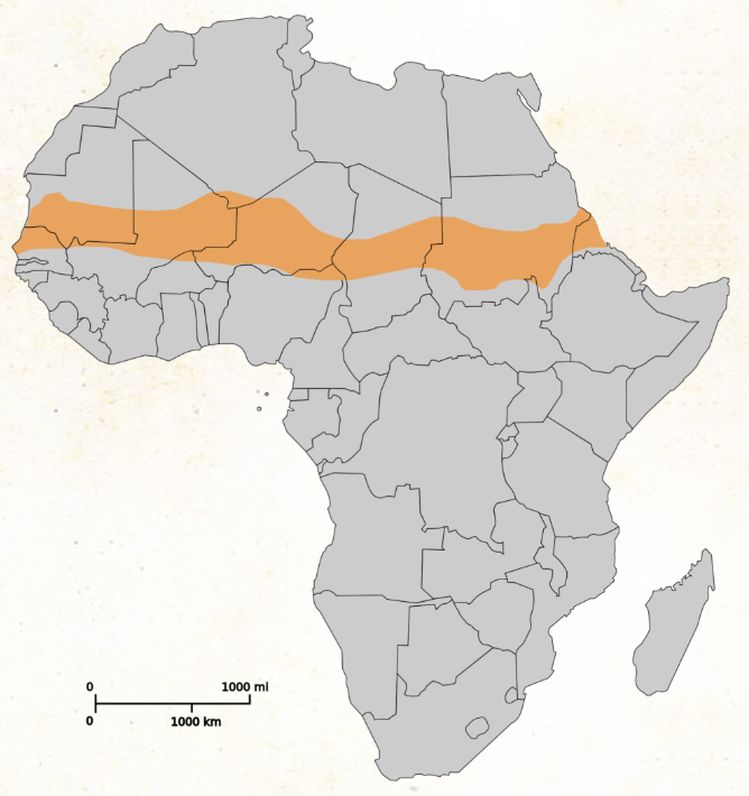
Watch Pierre Thiam's TED Talk:
